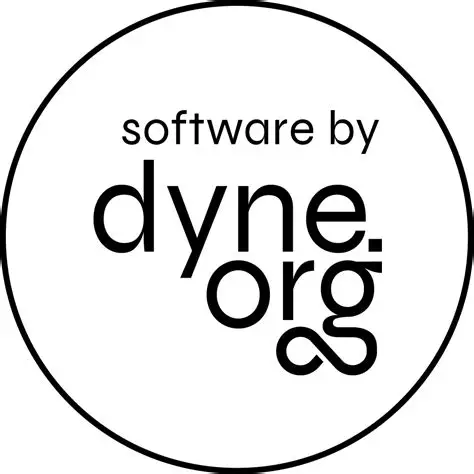Minimalistic command line tool based on Linux dm-crypt and LUKS, trusted by hackers since 2007.
You can keep your volumes secure and easily manageable with simple commands.
$ tomb dig -s 100 secret.tomb
$ tomb forge secret.tomb.key
$ tomb lock secret.tomb -k secret.tomb.key
To open it, do
$ tomb open secret.tomb -k secret.tomb.key
And after you are done
$ tomb close
Or, if you are in a hurry, kill all processes with open files inside your tomb and close it.
$ tomb slam
All information is found on our website.
Use only stable and signed releases in production!
Tomb's development is community-based!
Donations are very welcome on dyne.org/donate
Translations are also welcome: see our simple translation guide
Tomb's code is short and readable: don't be afraid to inspect it! If you plan to submit a PR, please remember that this is a minimalist tool, and the code should be short and readable. Also, first, read our small intro to Tomb's coding style.
We have a space for issues open for detailed bug reports. Always include the Tomb version being used when filing a case, please.
There is also a space for discussion of new features, desiderata and whatnot on github.
Tomb is Copyright (C) 2007-2024 by the Dyne.org Foundation and maintained by Jaromil. The AUTHORS file contains more information on all the developers involved. The license is GNU Public License v3.


